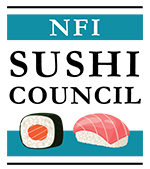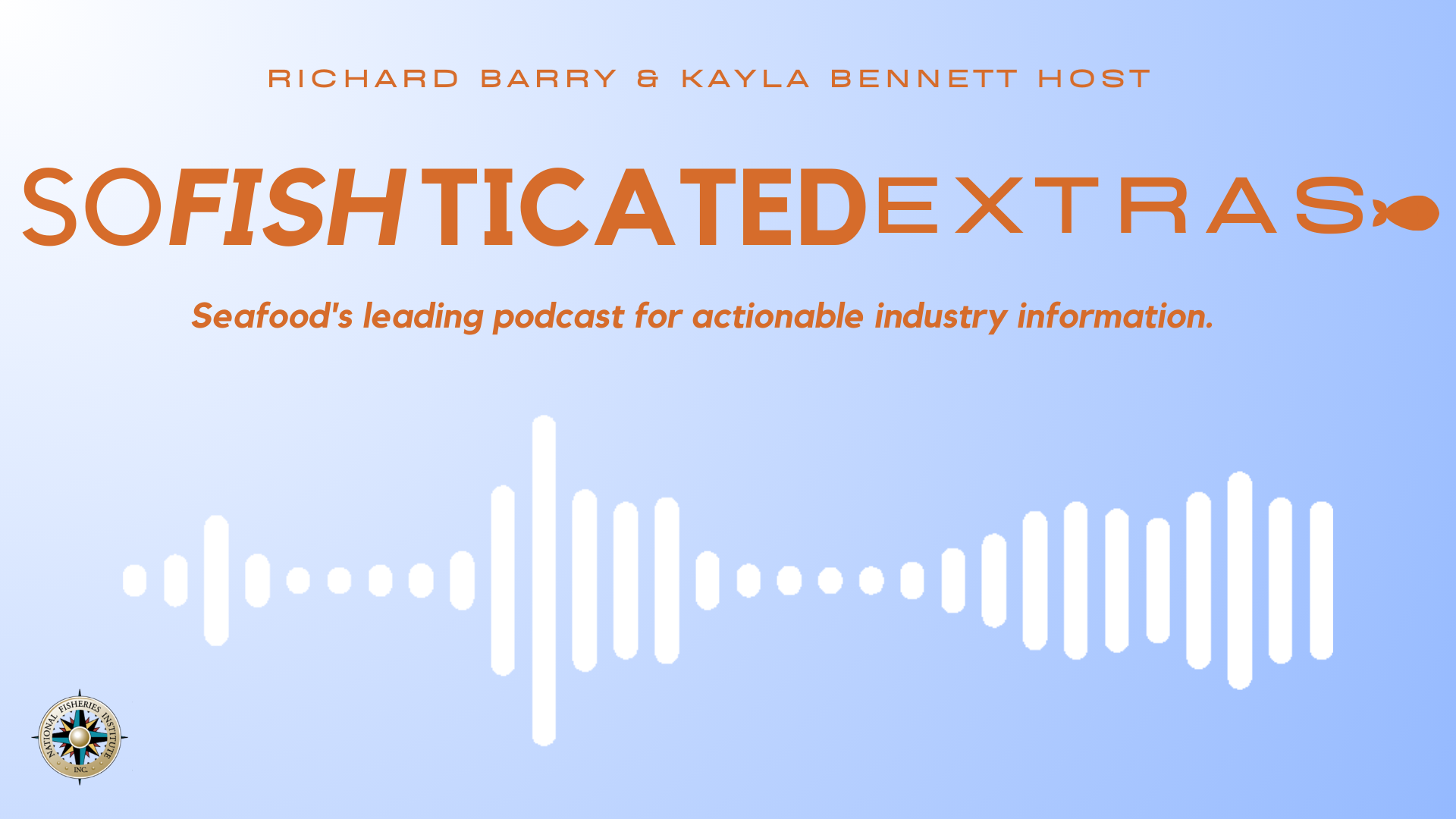Is Michael Hawthorne An Independent Journalist Or An Environmental Activist?
It’s a question perhaps best answered by his bosses, and we’re sending them a letter asking just that. We’ll let you know what they say.
But while they ponder that query let’s take a look at his latest Chicago Tribune article titled Mercury-tainted fish on FDA menu. The very first paragraph is quintessential Hawthorne; a mix of distortion, opinion and poor (if not absent) sourcing.
He writes, “in the waning days of the Bush presidency, the Food and Drug Administration is pushing to scuttle the government’s advice about mercury-contaminated seafood.” Not only is this false, this is messaging thatdirectly mirrors the messages found inenvironmental lobbyist emails on this matter that pushs their allies to paint the Food and Drug Administration’s (FDA) efforts as part of an “eleventh-hour drive.” The FDA has made it clear it is not trying to push anything through and that this is a long review process that has been in the works for an even longer time. The FDA tells the Associated Press it, “intends to seek public comment” and that, “this will all be done in a very public and transparent manner.”
What’s more, it’s a review process that didn’t just spring up at the end of the Bush administration’s term. In these publicly available documents it is clear that the FDA has been working on this review for years: CFSAN FY 2007 Report to Stakeholders 3.1.3: “In collaboration with NIH, analyze dietary intake of fish in pregnant vs. non-pregnant women.” 2.13.6 “Evaluate risks from methylmercury in seafood and benefits from eating seafood.” CFSAN 2006 Program Priorities 2.11.4: “Methylmercury: Complete evaluation of risk of methylmercury in seafood as weighed against nutritional and other health benefits.” Eco-lobbyists and activist journalists who insist on suggesting the timing of this nearly 300 page draft is anything but the culmination of years of scientific review are peddling false agenda-driven rhetoric.
Hawthorne ends his introductory paragraph on the mercury debate noting “growing concerns about the toxic metal.” He just got through announcing that the FDA has submitted a 270 page scientific review that concludes the theoretical risks of mercury in seafood are outweighed by the benefits and his characterization is “growing concerns?” Perhaps he should cite a scientific source for his statement. Or change “growing” to “waning.”
Later, Hawthorne notes that “studies have shown that exposure to mercury in the womb, mostly from fish eaten by mothers, can irreversibly damage the brain before birth, causing subtle delays in walking and talking as well as decreased attention span and memory.” Keep in mind, the FDA draft he is reporting on reviewed five years of science that conclude the un-cited assertions he makes are in error. The federal review, consistent with myriad studies, found the net outcome of eating plenty of fish during pregnancy is optimal brain development, not damage. A three point increase in infant IQ to be precise. But just like his activist cronies, Hawthorne steadfastly refuses to accept new science that does not fit his conclusion.
A pet project of environmental activists is a push to have mercury warning signs displayed in supermarkets, despite evidence that they have the potential to impact the wrong audience and unnecessarily warn consumers away from a healthy food. It would appear that this is a pet project of Hawthorne’s as well. In the final paragraph of his report on the issues that have arisen between the FDA and EPA he inexplicably begins to examine the need for warning signs and an expansion of the advisory. And yet again, we see no science and no logic to support his position.
If Michael Hawthorne is an environmental activist, that’s fine– he is well within his right to pursue that calling. But it’s high time he stop masquerading as an independent journalist, or worse, a public health professional.


